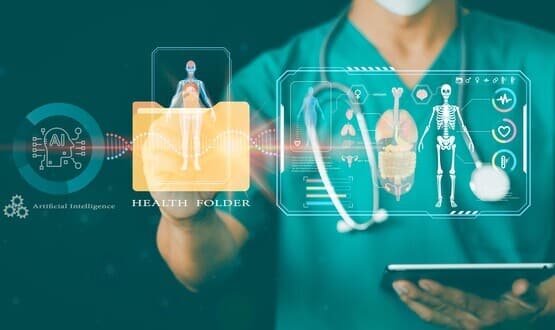Web-based monitoring system on trial in King’s
- 15 March 2005
Voice Integrated Products have updated their Solo remote lone-worker monitoring system to allow management of mobile staff over the web and SMS.
The system, which is currently on trial with midwives at King’s College Hospital in London, works over any secure browser and allows supervisors to keep track of staff while they are outside working.
"We take the security of our mobile staff very seriously," said Dave Bailey, telecommunications manager at King’s College Hospital. "We expect Solo to become an indispensable communications resource, offering real-time activity information and levels of protection that have until now been impossible," he added.
Tony Norman, product manager at Voice Integrated Products, said: "The aim of the system is to protect the lone workers to make them feel more secure."
"Basically, the system chases them up via the telephone. They notify the system that they are going to start a job, they record that fact into the system via a button on their phone."
The system operates via a ‘dead man’s switch’, he explained. "When the time is up they get a call on a telephone… If they don’t respond to that, the system will alert one of the operators." It also features a ‘panic’ button in the form of a pre-programmed number to call.
"The new version is the first version we have had where the interface is web-based," said Norman. "Previously, the lone worker could only be reminded by telephone."
Another new development is the ability for lone workers to confirm their status by SMS, and, in cases where mobile phone reception is poor, over a wide area network (WAN).
One of the unique aspects of the system was its flexibility, Norman argued. "I wouldn’t say that the system is infinitely scalable but it can manage large numbers of workers. You can configure it for different organisations on a single system."
"One local authority has the system to manage their own users. They then can offer part of it to the local practice."
Norman argued that this, along with the cheaper cost of the system as ID tags and chips do not need to be procured, was a superior solution to the Identicom system being rolled out in the NHS. "If you have a system where people are based on mobile phones then obviously that is going to be a lot cheaper."




